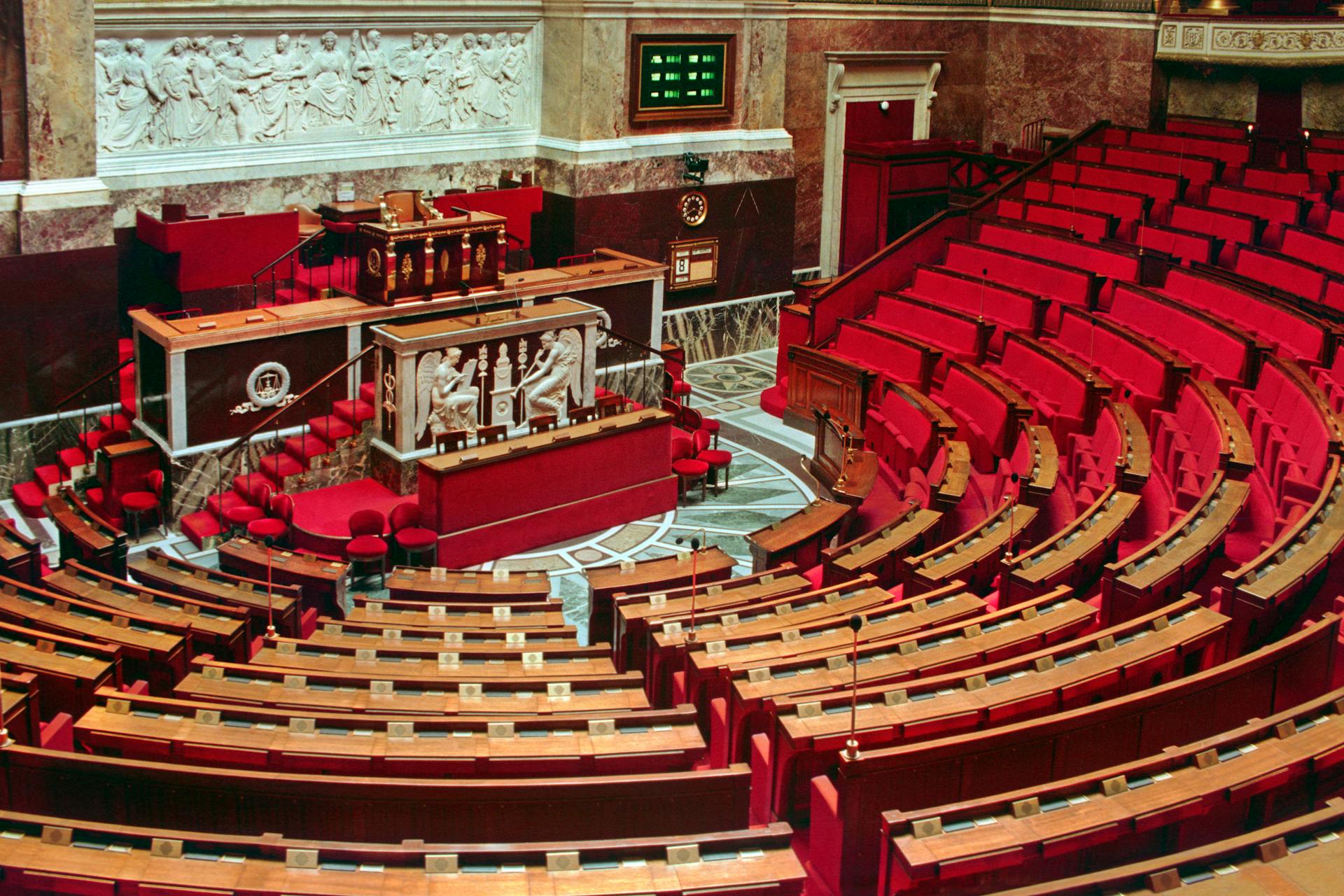Private security in France, now a rapidly expanding and essential sector for the protection of property and individuals, finds its legislative roots in Law 83-629 of July 12, 1983. This law, often referred to as “foundational,” marked the beginning of a structured and coherent regulation of private security activities. Let’s revisit this law and its impact on the security landscape in France.
Historical Context
In the 1980s, with the rise of private security companies and growing security concerns, it became imperative to create a legal framework to regulate these activities. Before the adoption of Law 83-629, the sector was poorly regulated, leading to questionable practices and a lack of professionalism. The law was initiated by the French government under the presidency of François Mitterrand.
Key Provisions of Law 83-629
Law 83-629 of July 12, 1983, introduced several key provisions to structure the private security sector:
- Prefectural Approval: Private security companies were now required to obtain approval issued by the prefect to operate. This approval ensured that companies met strict standards of morality and competence.
- Professional Card: The law established the issuance of a professional card for each security agent. This card, issued after background checks and morality verification, was proof of the agent’s legitimacy to perform security activities.
- Morality and Competence: Strict requirements for morality were imposed. Individuals with a criminal record could not work in the sector. Additionally, the law emphasized the training and competence of security agents, ensuring a high level of professionalism.
Impact of the Law
The implementation of this law had a profound impact on the private security sector in France. It allowed for:
- Professionalizing the Sector: By requiring approvals and professional cards, the law raised the level of competence and professionalism of security agents, ensuring better service quality.
- Reducing Abuses: The strict regulation on morality and obtaining approvals helped reduce abuses and excluded ill-intentioned individuals from the sector.
- Building Trust: By regulating private security activities, the law strengthened clients’ trust in security services, knowing they were now subject to strict rules and monitored by authorities.
Evolution and Perspectives
Since the adoption of Law 83-629, the legislative framework for private security has continuously evolved to adapt to new challenges and threats. Additional laws, such as Law No. 2003-239 of March 18, 2003, and Law No. 2017-258 of February 28, 2017, have been introduced, further enhancing the professionalization and regulation of the sector.
Conclusion
Law 83-629 of July 12, 1983, remains a crucial milestone in the history of private security in France. It has structured and professionalized a sector vital for the protection of property and individuals. Today, thanks to this foundational law and successive legislative developments, private security in France benefits from a rigorous regulatory framework ensuring the competence and morality of security agents.


